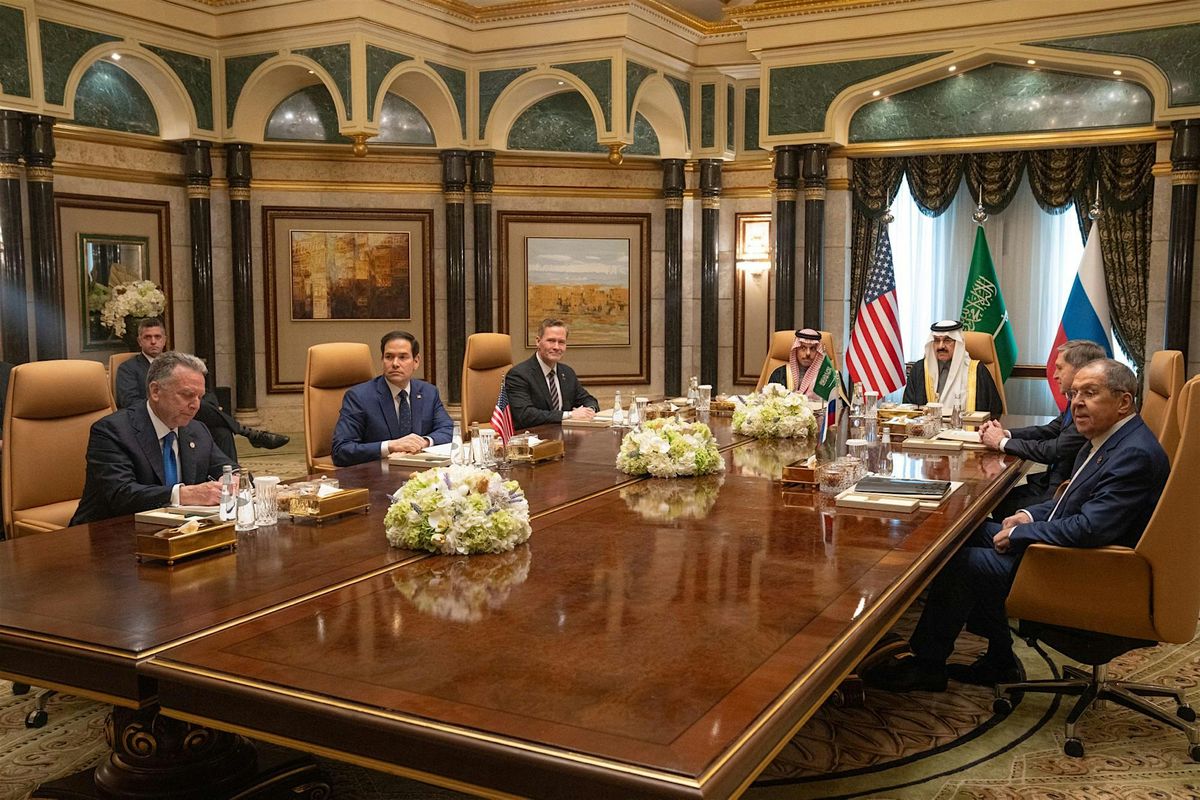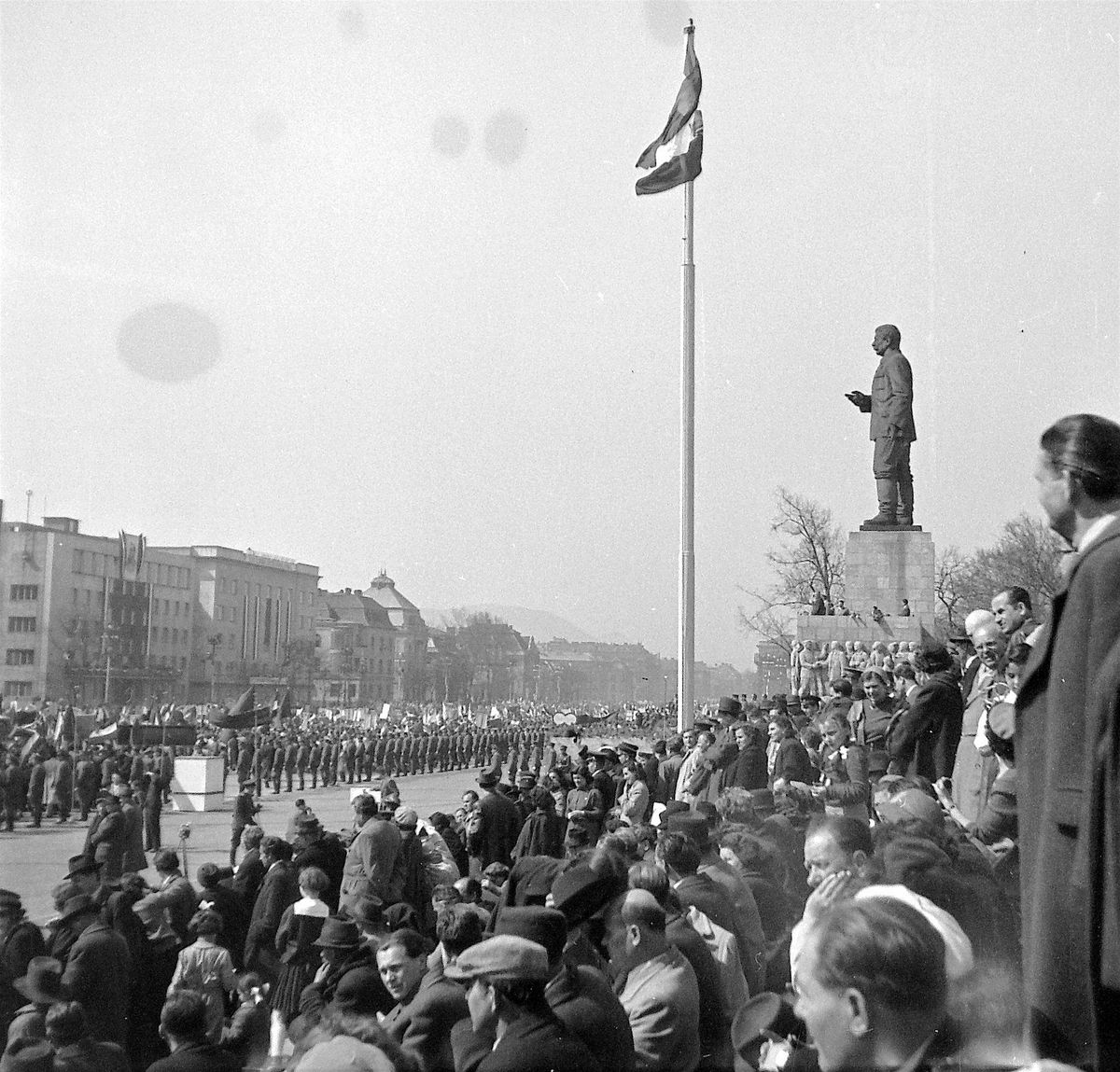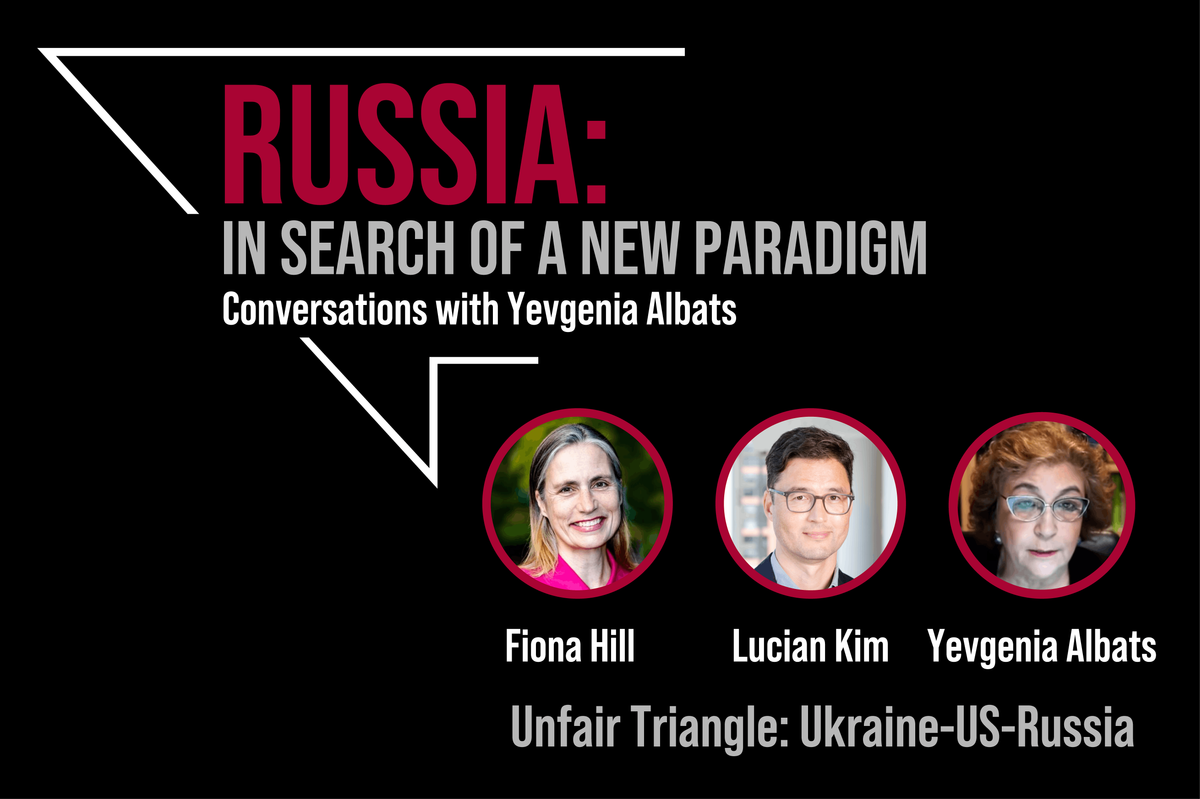
About this Event
The ongoing Russo-Ukrainian war has shaken traditional concepts of deterrence worldwide, but its most profound implications might emerge quietly in the Middle East, reshaping strategic interactions through an overlooked phenomenon: tacit deterrence. Unlike traditional, overt threats, tacit deterrence operates through subtle, deniable actions—cyber intrusions, economic pressures, and political manipulations—that highlight an adversary’s hidden vulnerabilities without explicitly humiliating them. The war in Ukraine vividly illustrates both the strength and limits of these quiet signals. This talk reveals how Middle Eastern states, closely observing Russia's strategic miscalculations and successes, are recalibrating their use of covert coercion and implicit threats. By exploiting economic dependencies, cyber vulnerabilities, and internal divisions, regional powers—and their external partners, from the U.S. to Russia—are quietly shaping a new strategic landscape. The future of Middle Eastern stability may hinge less on overt military threats than on these subtle, partially deniable actions, informed by lessons drawn from Ukraine's battlefield and diplomatic struggles.
Event Speakers:
Mikhail Troitskiy:Visiting Professor, Fletcher School of Law and Diplomacy, Tufts University
Thomas F. Remington: Visiting Professor of Government, Harvard University
Event Venue & Nearby Stays
CGIS South Building, S354, 1730 Cambridge Street, Cambridge, United States











